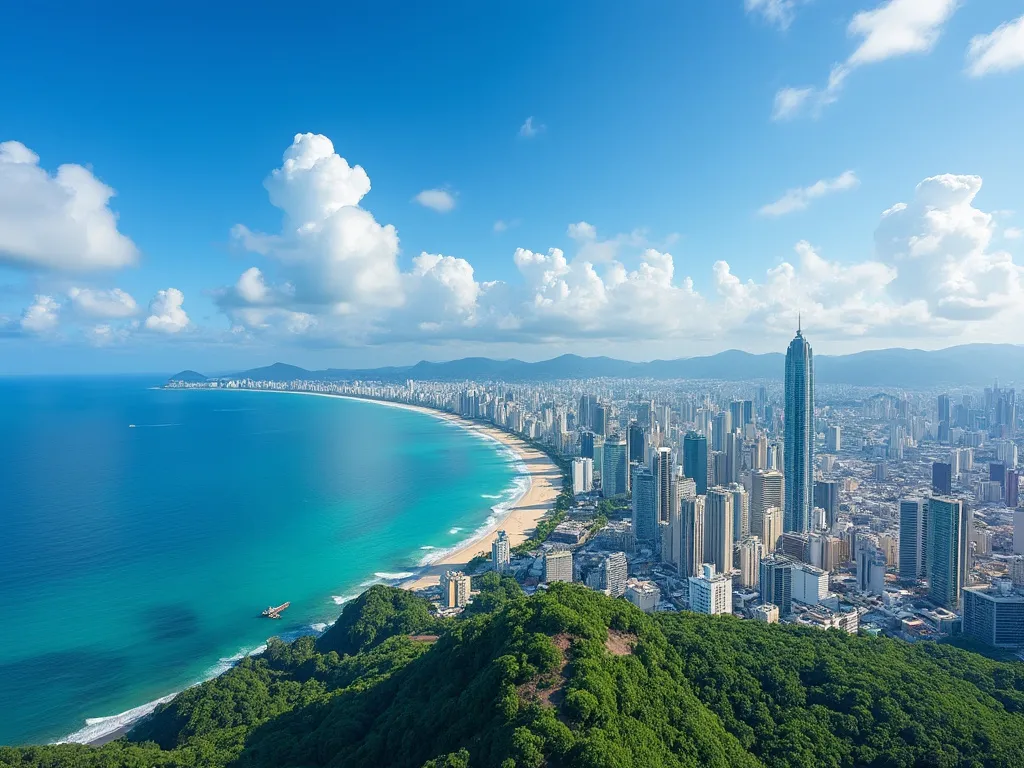
Panama City, the capital and largest city of Panama, is a vibrant metropolis that seamlessly blends traditional and modern architecture, rich cultural heritage, and breathtaking natural beauty. Located on the Pacific coast of the Isthmus of Panama, the city has a long and storied history dating back to the 16th century.
Panama City information
| Country | 🇵🇦 Panama |
| Population | 880,691 (2020 estimate) |
| Coordinates | 9.00°N 79.50°W |
| Area | 2,560.8 km² (988.7 sq mi) |
| Climate | Tropical savanna climate (Köppen climate classification: Aw) |
| Language | Spanish (official) |
| Currency | United States dollar (USD), Panamanian balboa (PAB) |
| Time zone | Eastern Standard Time (UTC-5) |
| Proximity to other major cities | Colón (45 km/28 mi), David (430 km/267 mi), San José, Costa Rica (560 km/348 mi) |
Interesting facts about Panama City
- Panama City is home to the tallest building in Central America, the Trump Ocean Club International Hotel and Tower.
- The city has a vibrant nightlife scene, with numerous bars, clubs, and casinos.
- Panama City is a popular destination for shopping, with numerous malls and markets, including the famous Albrook Mall.
- The city is home to the Panama City Metro, a modern and efficient public transportation system.
Tourist attractions in Panama City
- Casco Viejo (Old Town), a historic neighborhood with colonial-era architecture and vibrant nightlife.
- The Panama Canal, one of the most famous engineering projects in the world.
- The Miraflores Locks, a set of locks that raise and lower ships between the Atlantic and Pacific Oceans.
- The National Museum of Panama, which showcases the country's history, culture, and natural heritage.
- The Amador Causeway, a scenic waterfront promenade with stunning views of the city skyline.
Historical background of Panama City
Panama City was founded in 1519 by Spanish conquistador Pedro Arias Dávila, and it quickly became an important center for trade and commerce in the region. The city was destroyed by fire in 1671 and rebuilt in 1673, and it has since undergone numerous transformations, including the construction of the Panama Canal in the late 19th and early 20th centuries.
Geographical location of Panama City
Panama City is situated on the Pacific coast of the Isthmus of Panama, approximately 45 km (28 mi) northwest of the Panama Canal. The city is nestled in a natural amphitheater, surrounded by hills and mountains that offer stunning views of the surrounding landscape.
Cultural significance of Panama City
Panama City is a melting pot of cultures, with a rich blend of Spanish, African, and indigenous influences. The city is home to numerous museums, galleries, and cultural institutions, including the National Museum of Panama, the Museum of Biodiversity, and the Panama City Symphony Orchestra.
Economic importance of Panama City
Panama City is the economic hub of Panama, with a diverse economy that includes finance, commerce, industry, and tourism. The city is home to the Panama Stock Exchange, the Panama Canal Authority, and numerous international companies and organizations.
Conclusion on Panama City
In conclusion, Panama City is a vibrant and fascinating city that offers a unique blend of history, culture, and natural beauty. From its stunning architecture to its vibrant nightlife, the city has something to offer for every interest and taste.
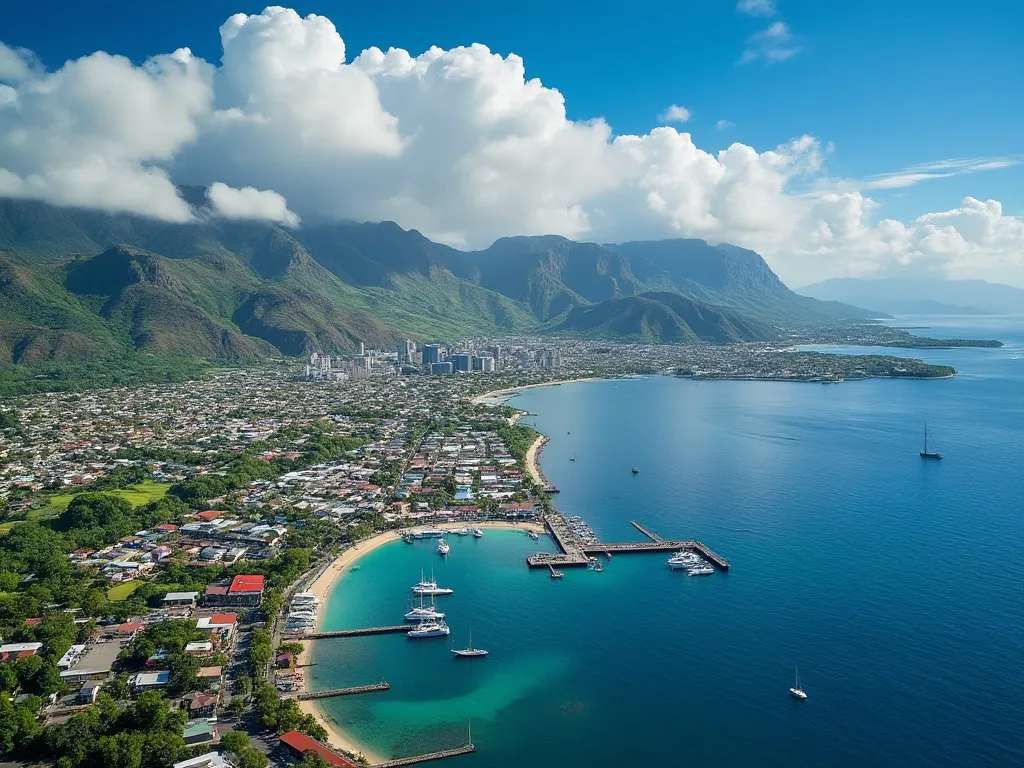 Papeete
Papeete
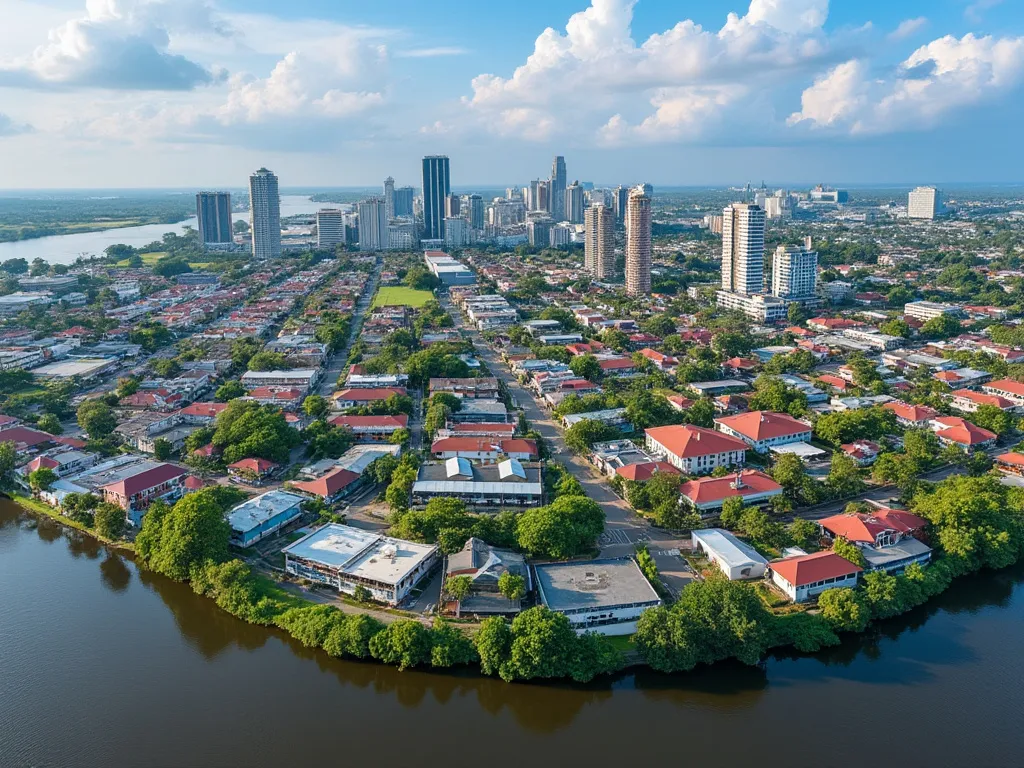 Paramaribo
Paramaribo
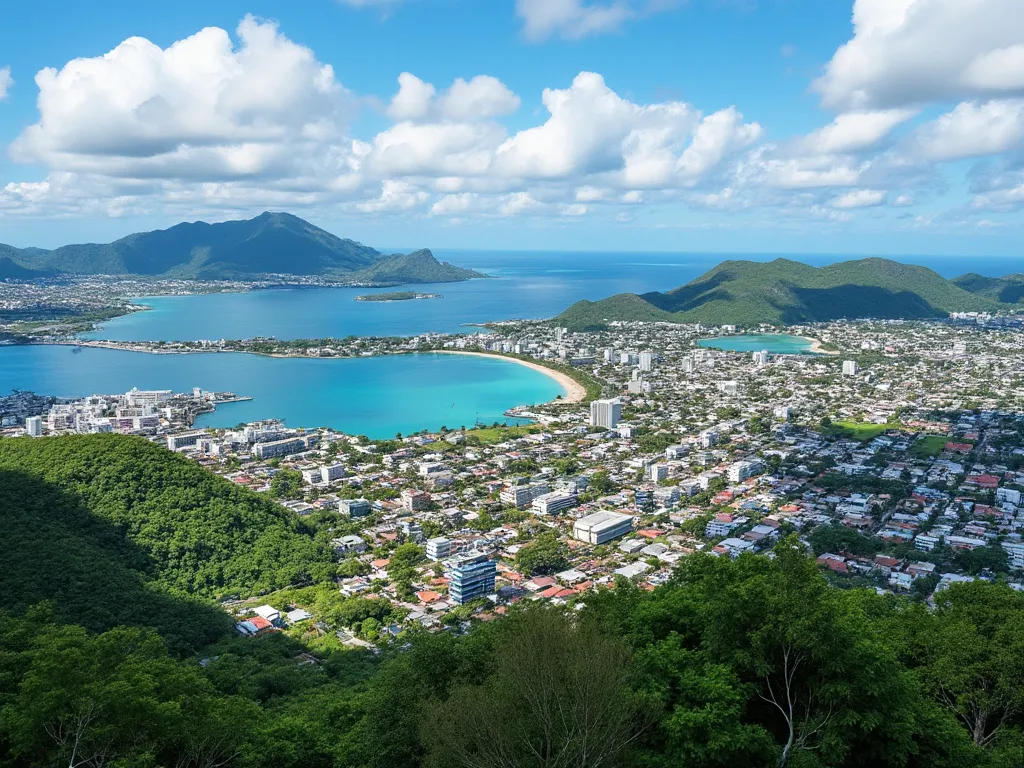 Pago Pago
Pago Pago
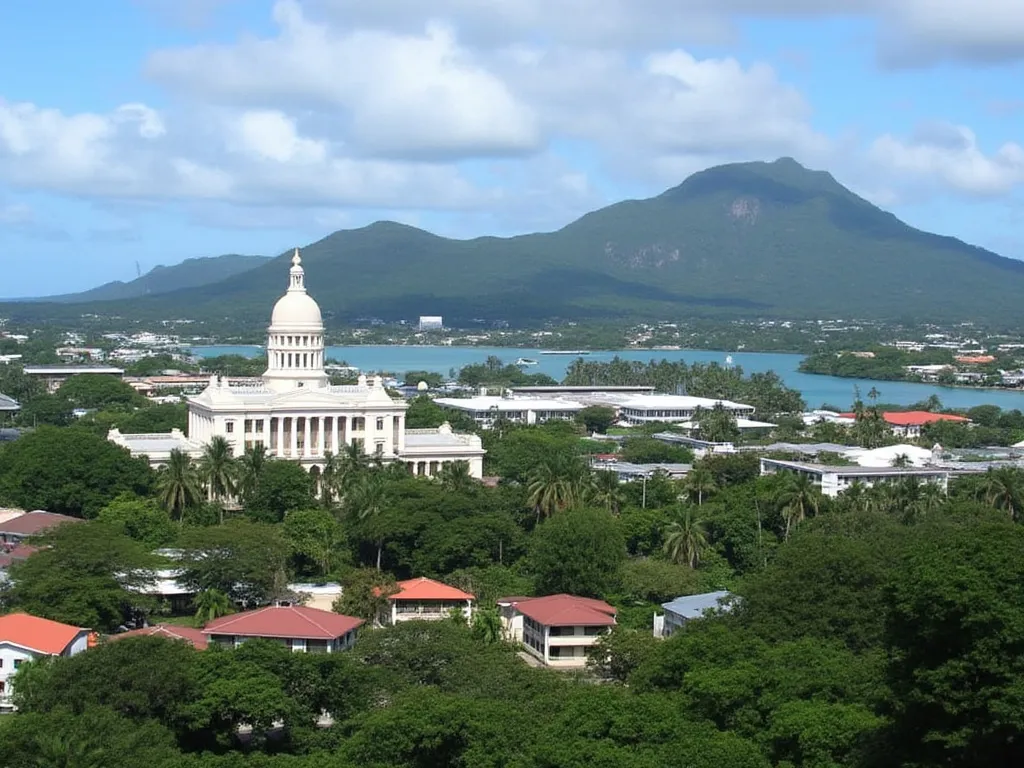 Palikir
Palikir